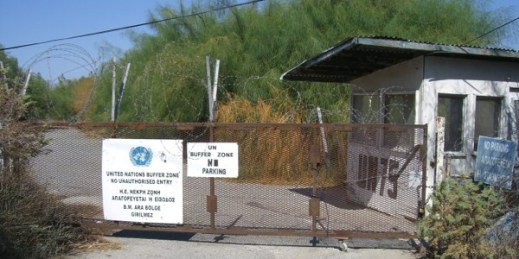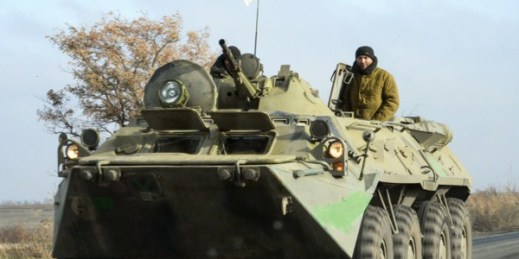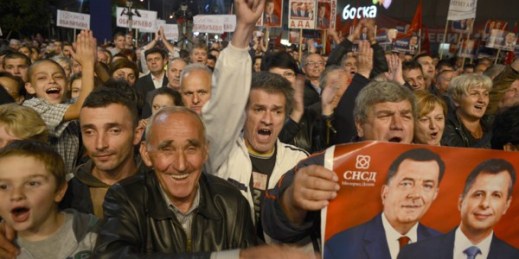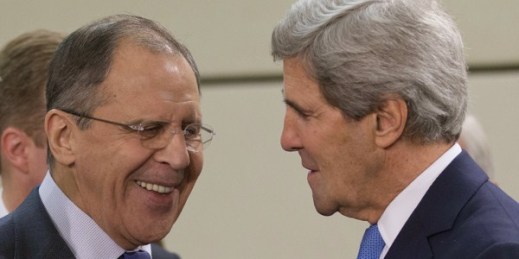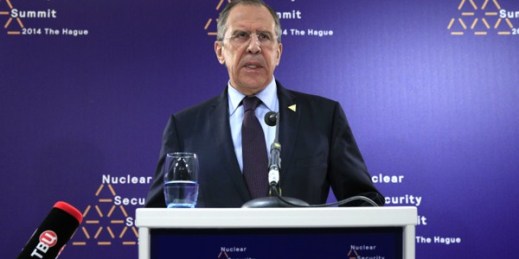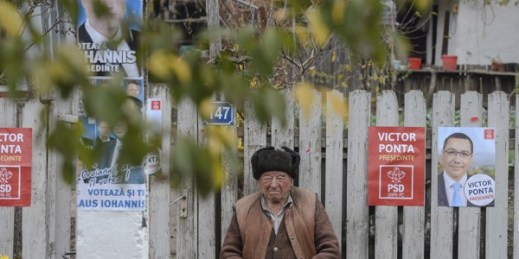
Romanians vote Sunday for a new president after a tumultuous 10 years under incumbent Traian Basescu, who oversaw both European Union accession and an economic boom followed by a crisis, and has survived two attempts at impeachment. Prime Minister Victor Ponta, who heads the ex-Communist Social Democratic Party (PSD), is widely expected to win the vote, but he has faced a closer race than anticipated against liberal rival Klaus Iohannis. Ponta has been a controversial premier, criticized by both the EU and the U.S. for measures seen as undermining independent institutions after he came to power via a parliamentary coup […]

